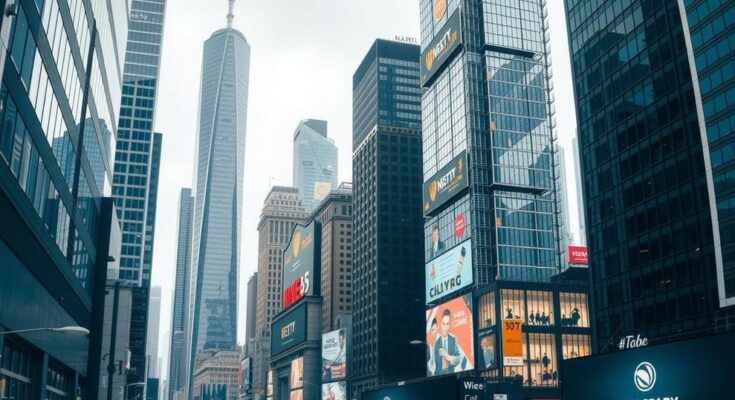The global landscape of trade is shifting dramatically as tariffs loom large amid rising economic and political tensions. The implications of impending trade conflicts have sent ripples of anxiety across Europe, which is already grappling with sluggish growth. With Germany undergoing a significant political transition after its recent election, the attention of leaders and analysts alike has turned there.
Since the advent of the Trump administration, tariffs have become a hot topic, fundamentally altering trade dynamics. While a 10% levy on Chinese imports is the only one officially enacted to date, discussions around additional tariffs on steel, aluminium, cars, chips, and pharmaceuticals are intensifying. Ominously, the spectre of reciprocal tariffs threatens to disproportionately disrupt emerging economies, with warnings from experts that this could spiral into a full-fledged trade war.
In light of these developments, there’s an urgent call for economic revitalisation from numerous corners globally. The US shift towards tax cuts and reduced regulation has raised hopes among financial sectors. Yet, a simultaneous push for competitiveness in Europe is aimed at fostering innovation from AI advancements to investments in defence, necessitating a delicate balancing act between growth and quality of life.
Germany’s potential new coalition government, anticipated to be conservative-led, faces pivotal decisions regarding economic policies such as the debt brake, which limits government borrowing. Considering amendments to this long-standing fiscal principle indicates a pressing need for investment and growth within the country.
Critical minerals are becoming increasingly significant, tied to military aid negotiations with Ukraine and boosting Indonesia’s prominence in global supply chains. Meanwhile, India has initiated rate cuts for the first time in five years as signs of economic slowdowns emerge, with Australia also adjusting rates while the US maintains stability. A Swiss rejection of aligning fiscal policies with environmental goals highlights the ongoing struggle between development and sustainability concerns. Amidst these developments, gold prices soar as inflation fears return, with an overall narrative of global change and uncertainty weaving through economic discussions.
Tariffs are reshaping global trade against a backdrop of rising political tensions and economic concerns, particularly in Europe and the US. The Trump administration has introduced tariffs, notably on steel and aluminium, raising fears of a trade war. Economic revitalisation efforts are emerging worldwide, with strains evident in policy discussions regarding investments and growth. Key issues around critical minerals, interest rate changes, and sustainability are also shaping the global economic narrative.
In summary, the landscape of global trade is under unprecedented strain as tariffs and political dynamics reshape economic relationships. The push for growth and competitiveness across various regions is palpable, yet the challenges posed by tariffs, potential trade wars, and necessary reforms present a precarious situation. Countries are navigating a delicate balance between revival and stability as the world watches closely.
Original Source: www.weforum.org



